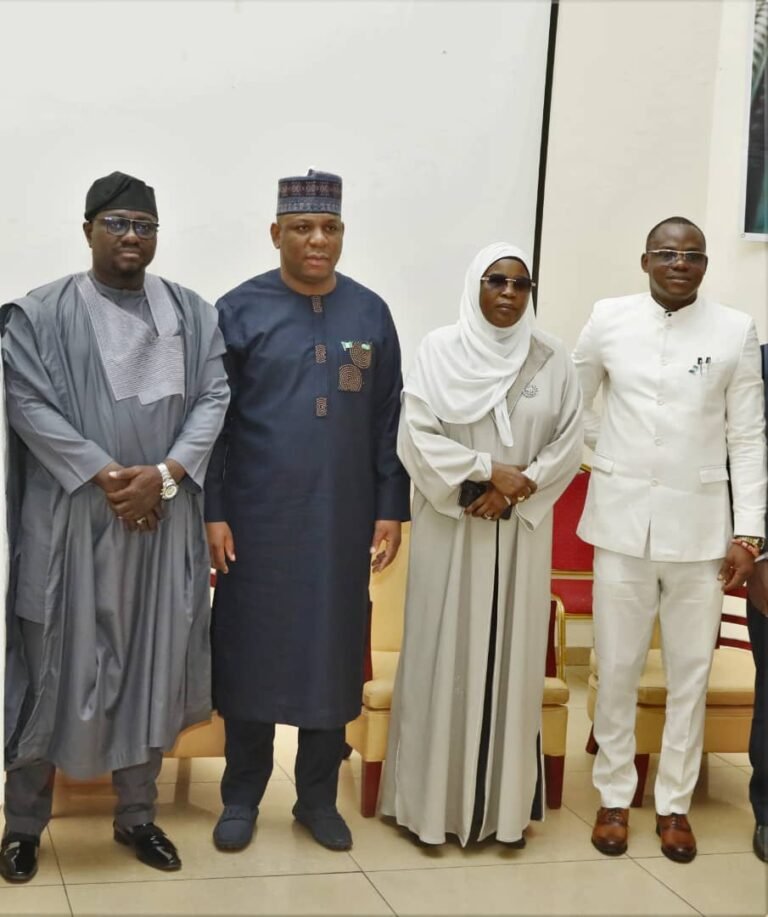The Minister of Steel Development, Prince Shuaibu Audu has decried the absence of a comprehensive legal framework which had long hindered the sector’s growth and global competitiveness.
He also called for robust collaborations between the government and private sector stakeholders to accelerate reforms and enhance industrial efficiency.
While unveiling the proposed Nigeria Metallurgical Industry bill on Tuesday in Abuja, Audu described the bill as a transformative piece of legislation set to accelerate Nigeria’s economic diversification and industrial growth.
He highlighted that the Bill would establish a robust legal and regulatory framework, unlocking the vast potential of Nigeria’s metallurgical and steel sector.
Audu stated: “This bill presents a significant opportunity to position Nigeria as a leading player in the global metallurgical value chain. By leveraging our vast mineral resources and industrial potential, we can drive economic diversification and job creation,” Audu stated.
“The bill address these challenges by ensuring operational standards, quality control, and stronger enforcement mechanisms to curb illegal mining, scrap metal theft, and substandard imports.
He, however, outlined six critical areas the bill addresses for the sector’s holistic development even as he reassured investors of the government’s commitment under President Bola Tinubu to provide clear incentives such as tax breaks and grants, adding that efforts to revive the Ajaokuta Steel Company Limited remain a priority.
Also, Chairman of House Committee, Nigeria Metallurgical Industry Bill, Hon. Zainab Gimba, described the proposed legislation as a transformative instrument that would reshape Nigeria’s metallurgical sector and strengthen the nation’s economic future.
She said bill was not merely a legislative document; but a strategic instrument poised to shape the future trajectory of our metallurgical network.
Gimba was of the opinion that the establishment of the ministry following its separation from the Ministry of Mines and Steel Development, necessitated a comprehensive review of the Bill.
“This will ensure industry-aligned operations, prevent overlaps, and enhance operational efficiency,” she said.
Meanwhile, the Professor Abdulkarim Kana Abubakar, Chairman of the Steel Council, painted a stark picture of the sector’s current state, describing it as “a massive shame and national embarrassment.”
“The potential of the steel sector is as significant as that of the petroleum industry. But the reality is far from encouraging. The sector remains largely unregulated, with foreign players exploiting our resources unchecked,” Abubakar lamented.

